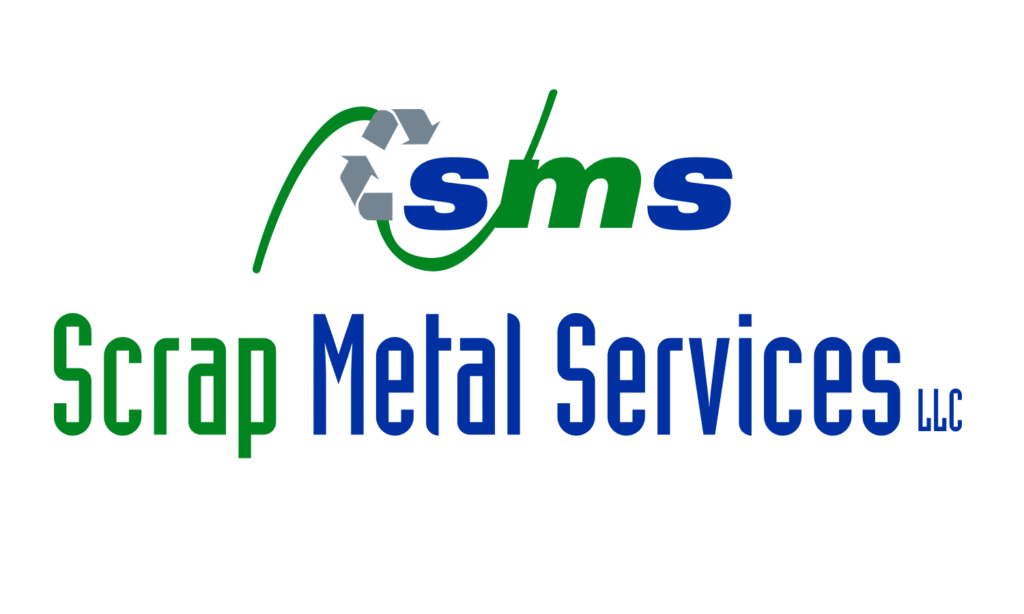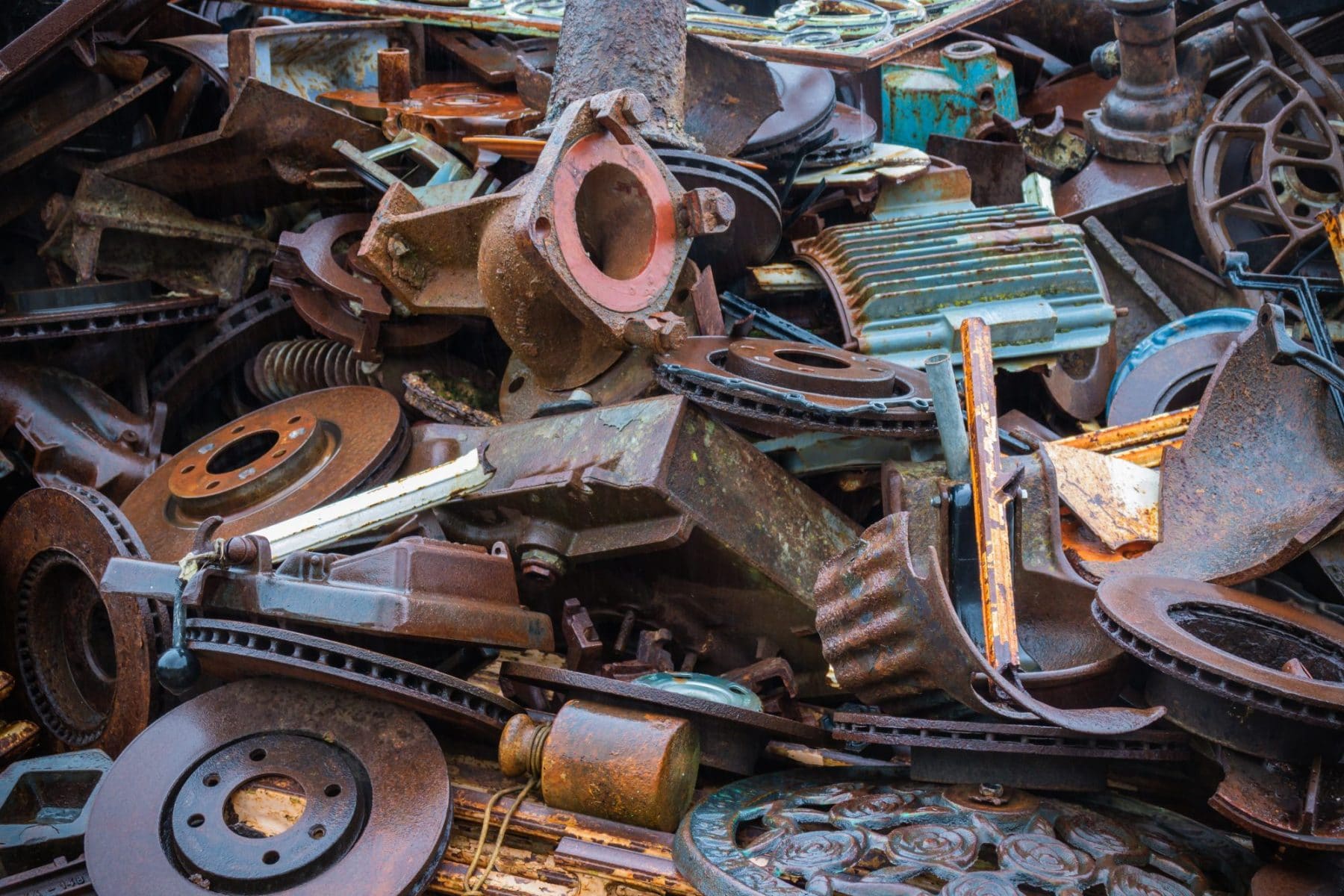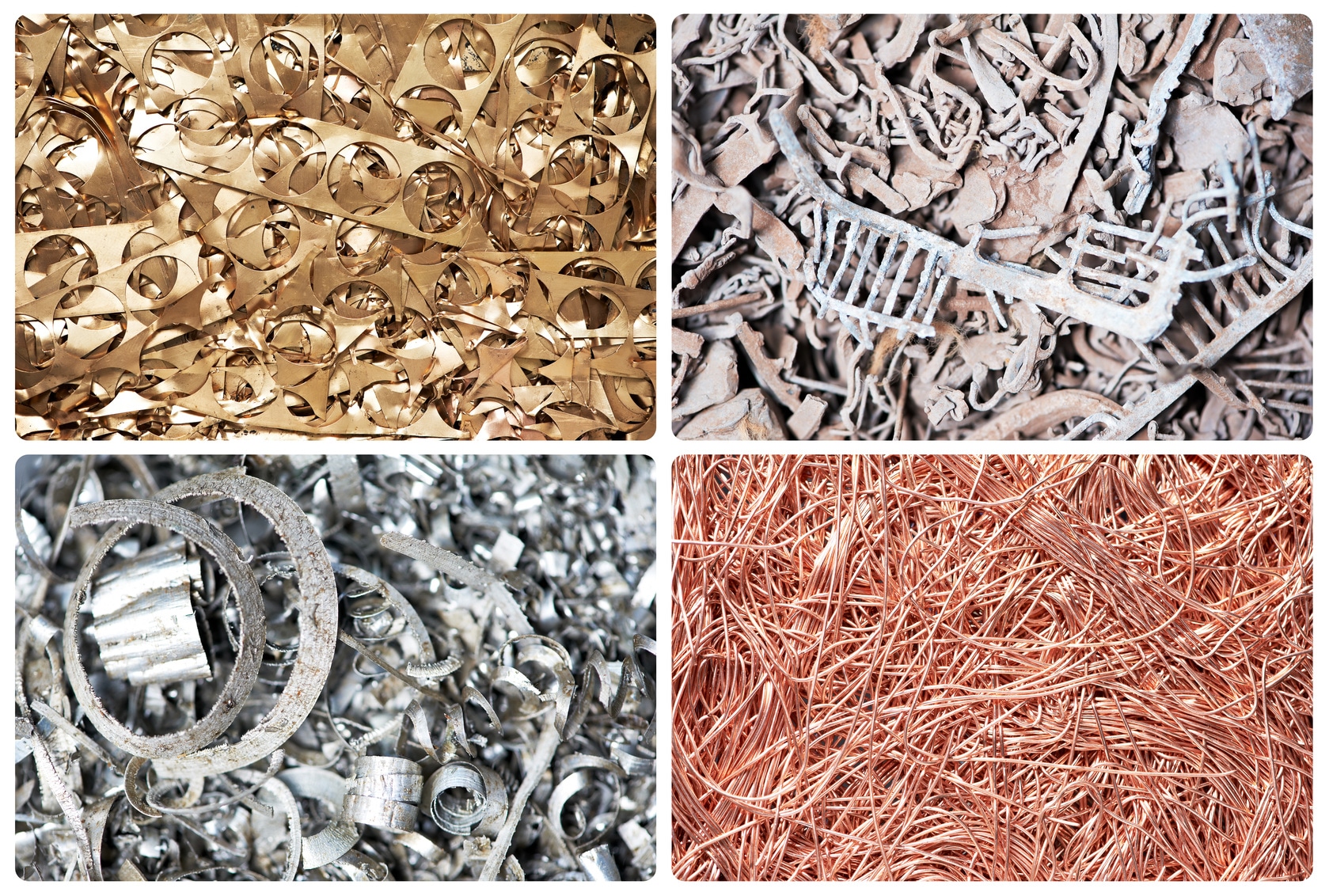Ferrous vs. Nonferrous Metals
Whether your company produces scrap metal and you have questions about metal separation and pricing, or if you’re in the market to buy or sell metals, it’s important to understand the basic differences between ferrous and nonferrous materials. At Scrap Metal Services, LLC, we not only process both types of metals, but can answer all of your questions about metal types.
What Are Ferrous Materials?
Ferrous materials are iron-containing metals. Because of this, ferrous materials have their own distinctive properties that affect what the metals are both used for. Because of the iron in them, most ferrous materials are magnetic, making them useful in electrical applications. Another thing to consider is that the majority of ferrous metals have a higher carbon content, which makes them more durable, but also makes them more likely to rust, with some exceptions. Common ferrous metals include steel, carbon steel, cast iron, and wrought iron.
What Are Nonferrous Materials?
Nonferrous metals are simply those metals that do not contain any appreciable amount of iron. The primary advantage of nonferrous materials is that they are more flexible and malleable than their ferrous counterparts. Because they don’t contain any iron, they’re also more resistant to corrosion and rust. Common nonferrous metals include zinc, tin, aluminum, lead, and copper.
FAQs About Ferrous and Nonferrous Materials
Consider the following answers to frequently asked questions we hear about ferrous and nonferrous materials–
- Can both ferrous and nonferrous materials be recycled? Yes! Both ferrous and nonferrous materials can–and should–be recycled.
- Do I need to separate materials before recycling? If you are bringing metals to a scrap recycling center or scrap yard, you may wonder whether you need to separate materials before arrival. At Scrap Metal Services, LLC, you do not need to separate your ferrous and nonferrous materials, nor do you need to weigh materials in advance. We can handle this at our facility.
- Why should I recycle metal products? Recycling both ferrous and nonferrous materials is an important part of being an environmental steward and a responsible citizen. Recycling metals helps to reduce the need for new metal mining, keeps materials out of the landfill, conserves energy, and supports the local economy.
Learn More By Calling Scrap Metal Services, LLC Directly Today
If you have more questions about ferrous vs. nonferrous metals, what we buy, what we sell, or how to start recycling your scrap metal, call our team at Scrap Metal Services, LLC directly today. We are happy to answer your questions and look forward to working together.



